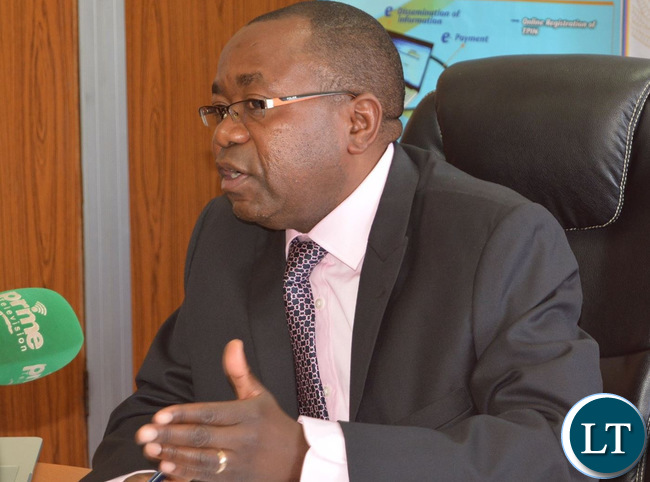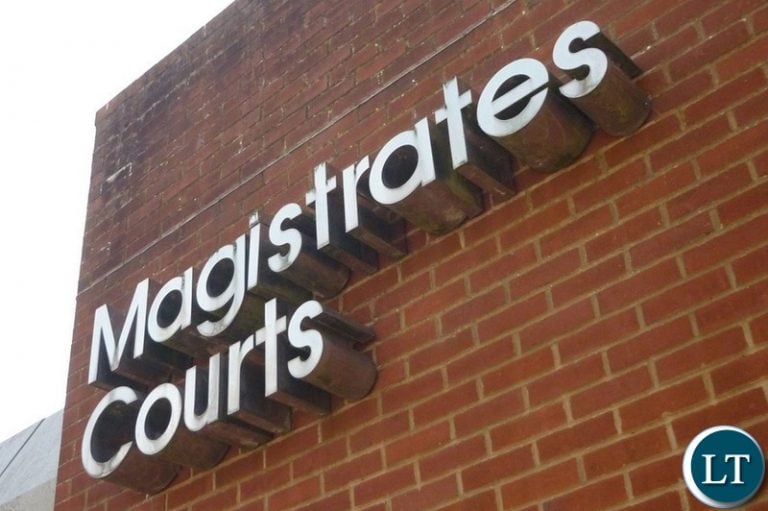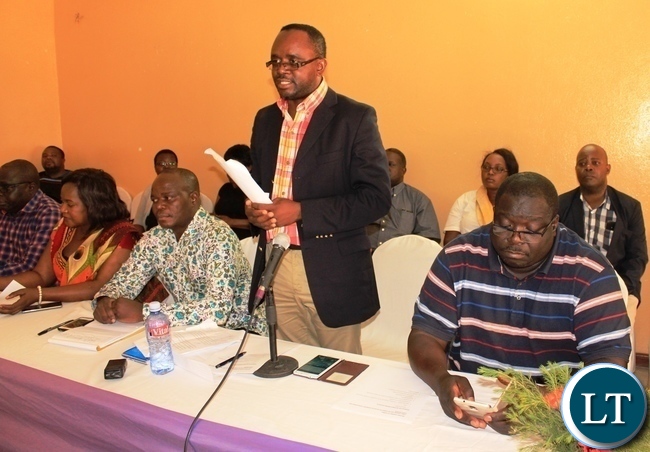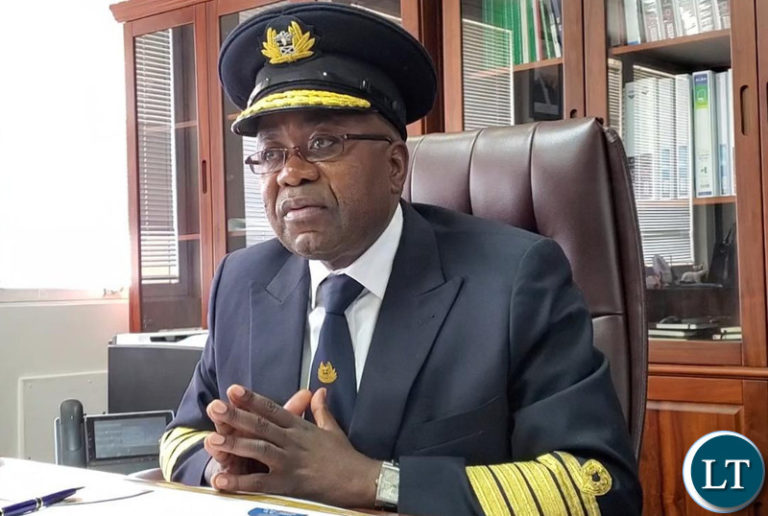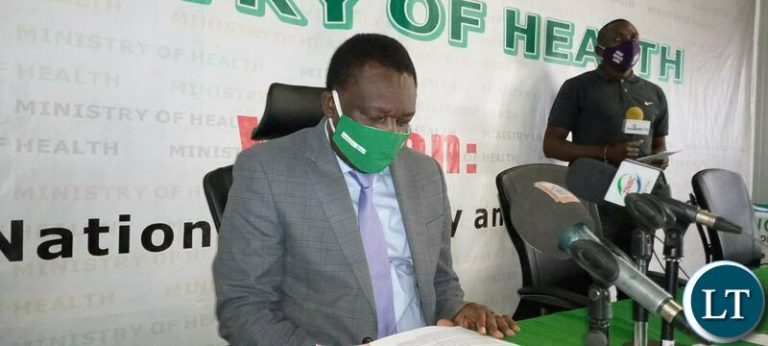President Lungu has responded to concerns about the poor state of Mutanda/Mwinilunga road.
And government says plans to reconstruct damaged sections to motorable standard have reached an advanced stage.
On Wednesday, Deputy Permanent Secretary for North Western Province, Emmanuel Chihili undertook a tour of the said road in the company of RDA officials to ascertain the full extent of damage.
Chihili said the damage on the road has reduced human movement and commercial activities to and from Mwinilunga district.
Some motorists using the road spoke in separate interviews that the worst part of the road about 145km between Kisasa near Kalumbila Mine and Mwinilunga was taking more than five hours of driving.
Mr Chihili assured however that President Lungu had heard the cries of the people especially that the situation had affected efficiency and mobility in service delivery.
The Head of State expressed sadness that accessibility to the second most populated district in North Western Province, after Solwezi had been affected due to the state of the road.
“I want to inform the people of North Western, in particular the people of Mwinilunga that their cries have been heard. The government of his Excellency Dr Edgar Chagwa Lungu has finally come to terms with their plight and this road will now be worked on in order to boost and enhance the economic activities that are in Mwinilunga and also connect it to the other towns, which have good road network,” he said.
Mr Chihili observed that the current state of the road had slowed business and transportation of goods especially agricultural produce which was the main stay for locals.
He said despite critics opposing infrastructure development, President Lungu was determined to develop all parts of the country to encourage economic activity and improve the lives of Zambians.
Mr Chihili said President Lungu had therefore responded to the plight of the people of Mwinilunga, a vibrant commercial hotspot which together with neighboring Ikelenge supply the highest number of local pineapple fruits on the Zambian market.
Government has since launched in Mwinilunga, the Kalene Hills Fruit Processing company through the Industrial Development Corporation to add value to pineapples into several products.
And Chihili observed that in a typical show of unity by the First family for the people of Mwinilunga, First Lady Mrs Esther Lungu recently decided to forego air travel and preferred traveling more than 275km from Solwezi to Mwinilunga.
“The First Lady, who is known to have a soft spot for issues of human concern, instead of using an aeroplane chose to travel by car on the potholed Mwinilunga road,” he said
He explained that the First Lady wanted to share the pain that the local people were feeling by taking the long route on the dilapidated road.
“We want also to thank the First Lady who took it upon herself to share the pain with the people. She came here most recently and used this same road and when she went back she also appealed on behalf of the people of Mwinilunga. So it is something that many people have been looking forward to especially that the last time this road was done was between 1986 and 1989.” He said.
Mr Chihili said apart from periodic maintenance, the road has not seen any major works for more than 30 years.





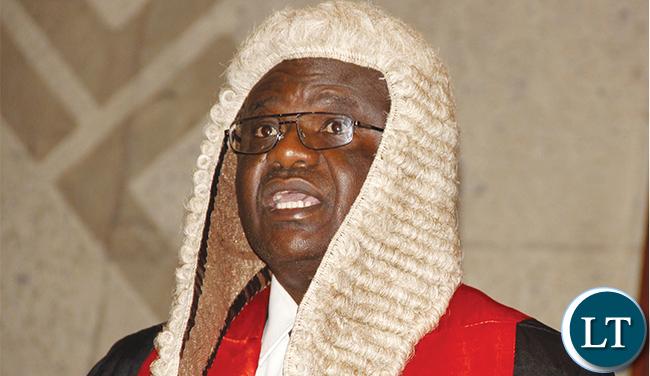
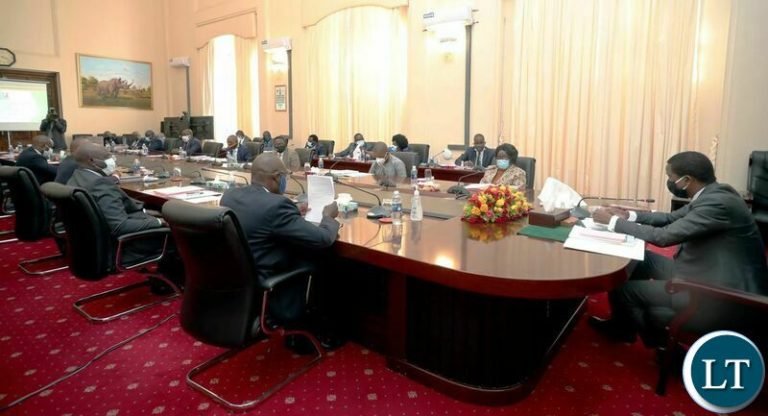

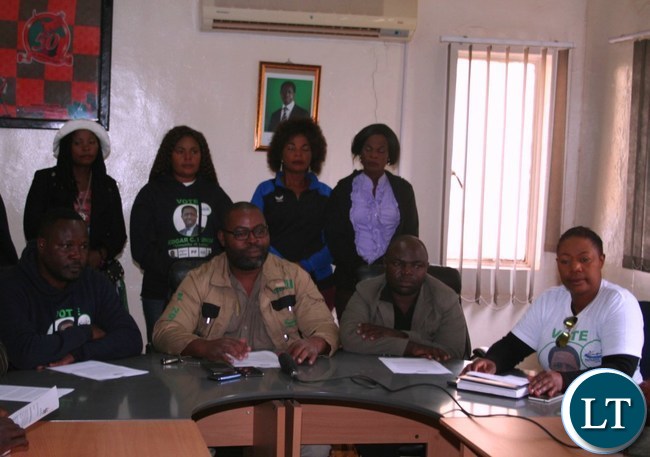
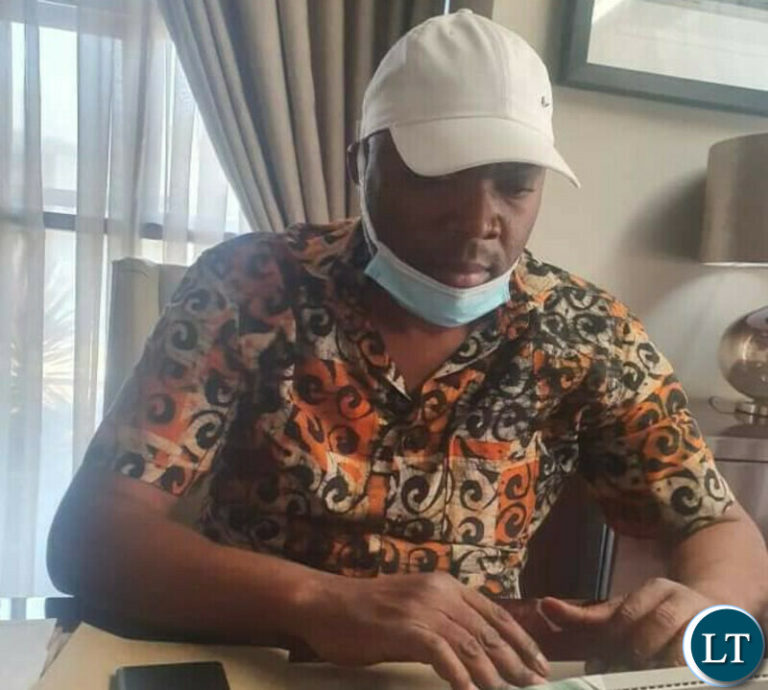
 By Bowman Chilosha Lusambo
By Bowman Chilosha Lusambo